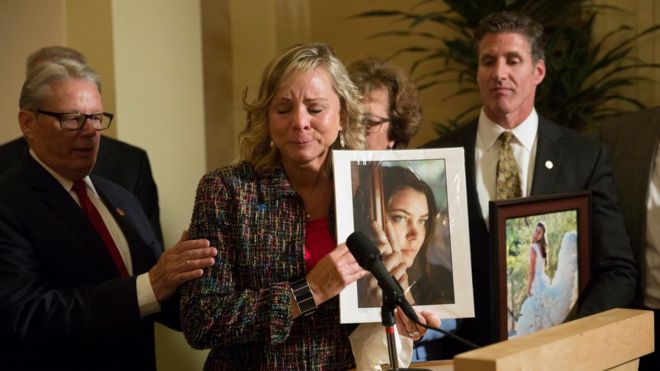By Christine Khamis
Impunity Watch Reporter, Asia
DHAKA, Bangladesh—
A Baptist pastor survived a murder attempt on Monday, after he invited three men who expressed interest in religion into his home.
Reverend Luke Sarker, the pastor of Faith Bible Church in Pabna, a district in northwest Bangladesh, is a Bangladeshi that recently converted to Christianity. In September, he met with two men to discuss religion and their interest in converting to Christianity.
The men then requested a second meeting with Reverend Sarker for Monday and came to his home along with a third man. During their meeting with Reverend Sarker, his wife left the room. The three men then attacked him Reverend Sarker and attempted to slit his throat with a knife. When Reverend Sarker cried out for help, his wife and neighbors rushed to his aid. His attackers then fled and police later found a motorbike near the home. Reverend Sarker’s wounds from the knife attack were not serious.
Police have arrested a member of Islami Chhatra Shibir, which is the student wing of Jamaat-e-Islami, a political party that opposes Bangladesh’s current government. The member, Obaidul Islam, was detained for questioning after police raided his home in Pabna. According to a local police chief, Rezaul Karim, police also arrested a local businessman and an activist for the Bangladesh Nationalist Party, another opposing political party and a key ally of Jamaat-e-Islami.
This attack comes after last week’s murders of two foreigners living in Bangladesh. One, an Italian aid worker employed in Dhaka, and the other, a Japanese famrer residing in northern Bangladesh, were shot to death. According to the SITE Intelligence Group, which monitors the websites of radical Islamic groups, the Islamic State declared responsibility for their deaths. There has been no independent confirmation that the Islamic State was responsible for the killings.
The Bangladesh government, led by Prime Minister Sheikh Hasina, has rejected the Islamic State’s claim and has instead blamed the attacks on the Bangladesh Nationalist Party and Jamaat-e-Islami. The Bangladesh government believes that through the attacks, the opposition groups are attempting to destabilize the country. The Bangladesh Nationalist Party denied involvement in the attacks.

There have also recently been a series of attacks against secular bloggers in Bangladesh, whose population is predominantly Muslim. This year, four secular bloggers were hacked to death. Extremist Islamic groups are believed to be behind the attacks.
For more information, please see:
Headlines and Global News (HNGN) – Christian Pastor Escapes Murder Attempt in Northwest Bangladesh, Police Arrest Suspect – 7 October 2015
Associated Press – Christian Pastor Survives Knife Attack at Home in Bangladesh – 6 October 2015
BBC – Bangladesh Pastor Survives Knife Attack – 6 October 2015
New York Times – Baptist Pastor in Bangladesh Survives Knife Attack – 6 October 2015

